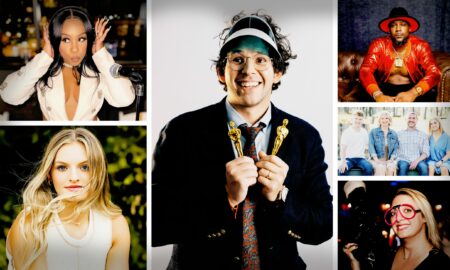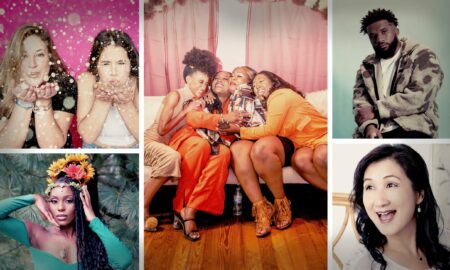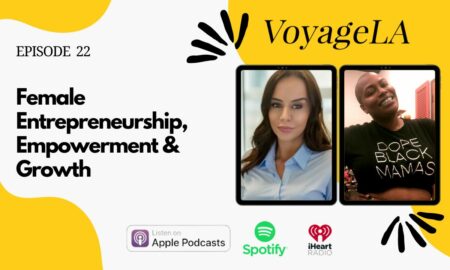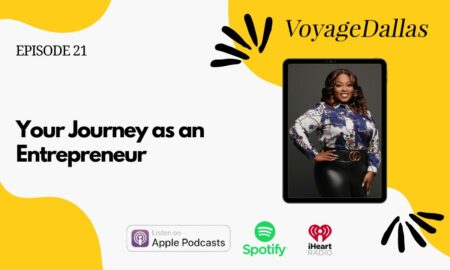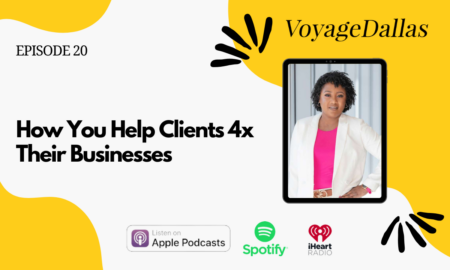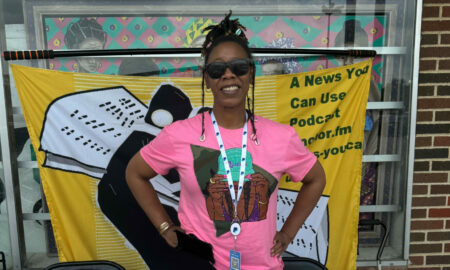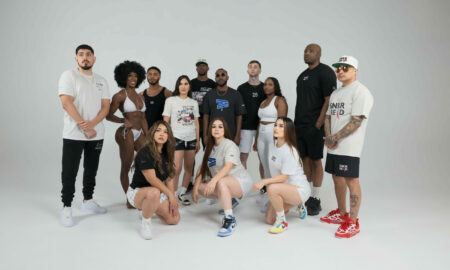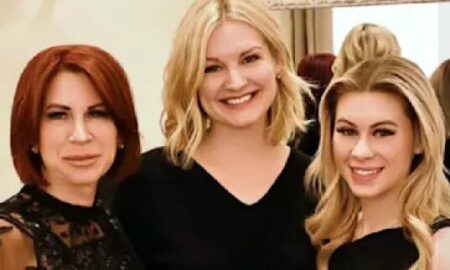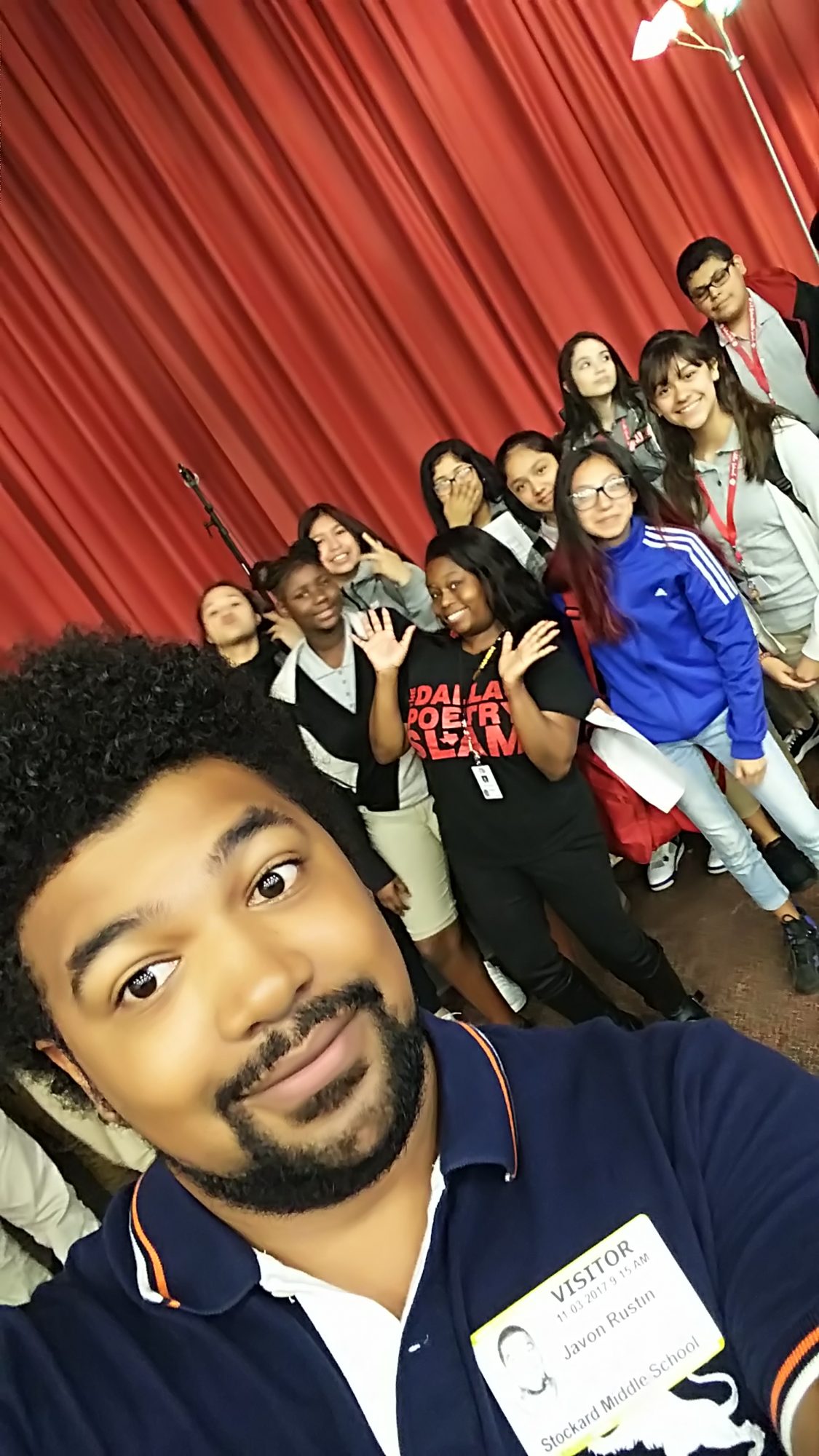 Today we’d like to introduce you to Javon Rustin.
Today we’d like to introduce you to Javon Rustin.
Javon, please share your story with us. How did you get to where you are today?
I was writing books at a young age. I’d write. My cousin would draw. Didn’t think anything of it. Just fun. My mom has me dissecting hip-hop lyrics and telling her what each Biggie verse meant. This led me to “freestyling” and writing raps with my cousins. The poetry came by force in 8th grade. My church made me write a monologue (I didn’t want to). I did it though. And they liked it. So, I kept writing. It was easier than rapping because I didn’t have to stick to a cadence (I did not have rhythm at all). But I was still rhyming.
I went to North Carolina A&T and tried to join a poetry group because everyone was so serious and so much better than me. So, I quit. And didn’t perform again for two years when I took a poetry class. One of the classmates liked my performance style and challenged me to quit rhyming. It was hard, but once I did that I felt the constraints fall off. I could say anything, paint any picture, without worrying about what word fit. It was all about the poem, the best word for the best poem. This same classmate, Lamar was his name, introduced me to slam poetry and competed with me on a collegiate level.
After college, I moved to Dallas for a Software Engineering role. One of my co-workers told me about Dallas Slam. I went just to watch. My co-worker put my name on a list without me knowing. I performed. Again, everyone was better than me. But I was determined to not quit this time. And the other poets gave me a lot of compliments despite what I felt about my own work.
From there, I studied poetry. I wrote everything that came to mind, good or bad. Dallas Slam provided workshops and after two years in the city, I was finally able to make the team. Only the top five poets make the team. And that’s after competing all year long. After making the team, our coach and Dallas Slam CEO, Candy, began getting everyone to hone in on their writing. She taught how the performance should match your personality or the persona of the poem. But the poem should be golden. Writing was heavily stressed. And I loved it.
I have competed in poetry competitions individually and as a team since 2014. The team has consistently ranked top 10 in the nation while I was able to rank top 20 individually in 2016.
The focus on writing has led me to be published in two anthologies while releasing three chapbooks of my own. Dallas Slam has also opened the door for me to a teaching artist teaching social and emotional learning through writing and even programming.
Where I’m at today can be attributed to many individuals. Lamar from school that got me out of the rhyming box. The co-worker that forced me onto my first stage in Dallas, The Dallas poets that told me I had a gift when no one else did. The Dallas Slam coach and CEO, Candy, who drastically improved my knowledge of writing and opened up many opportunities, including this one.
Great, so let’s dig a little deeper into the story – has it been an easy path overall and if not, what were the challenges you’ve had to overcome?
Nothing worth having ever comes smoothly. The challenge for me was finding balance between my engineering world and my writing world and my personal world. This is something I still struggle with. I could point fingers at the companies that I felt wanted me to abandon my art or the friends that I felt judged me for not wanting to be the engineer they think I should become. But ultimately, the problem was me worrying about any of them (company, friends, etc.) over myself. My dream is to write and program. Therefore, I will write and program. I will plan and execute my creativity. STEAM is a fairly new concept which stands for Science, Technology, Engineering, Art, Math. I love seeing how ART can be placed in the midst of all the technology I work with. For me, separating one would be detrimental to the other. This is not something anyone else has to understand.
Why do I write? Because I must.
Why do I code? Because I must.
Both of these are part of my identity. It was no one’s job but mine to balance them.
There have been very helpful people along the way. There are amazing poets that I know that are a developer, that work for NASA, those work run organizations, that have amazing families. They teach me that anything is possible. Watching them love themselves is teaching me to love myself more fully and accept all the part of my identity. What type of employee would I be if I didn’t chop that lesson up to Dallas Slam as well? Candy has the business and art mixing down to a science. And I’m just here taking notes, planning, and executing.
Please tell us more about your work, what are you currently focused on and most proud of.
I make websites. I write code for companies. I social and emotional learning for Dallas Poetry Slam. I love them all. I think that is what sets me apart; the mixing of practices. I’m more rigid than most artist while being looser than most professionals. That personality trait, I hope, makes people feel trusting and comfortable both in my skills and the way I communicate with them. I know when I work with kids, my goals is for them to see someone they might want to be. To look at art and technology and think both could be a good fit without sacrificing who they are.
As a young adult, I thought the artists had to be way out there and the corporate professional had to be super rigid. As a grown adult, I’m breaking my own boxed-in thinking. And I hope this crashes anyone else’s boxed in thinking.
In my search for balancing my professions, I have become a huge advocate for mental health because I have seen and felt the effects of ignoring part of your identity, of silencing yourself for any reason. A lot of my writing consisted of mental health “solutions” or self-love techniques.
Also, I’m a black man in the predominately non-black tech field. I run into a situation where racism looks like a simple misunderstanding that can grow to be truly harmful if we don’t address the difficult conversation. That’s another thing I try to do in my poems, address the difficult conversations.
What moment in your career do you look back most fondly on?
The proudest moment in my career was ranking 17th in the 2016 Individual World Poetry Slam. I think I can do better now, but I didn’t think I would rank that high in 2016. It was during a time when I questioning if poetry was something I should continue to put so much focus on. It wasn’t just the rank though. It was the people I met. The poems I heard. I found out one of my favorite poets is also a software engineer. I found out my poems are also worthy of being heard. I gained a new drive for my art and a new acceptance of myself.
Contact Info:
- Website: www.JavonRustin.com
- Email: javon.rustin@gmail.com
- Instagram: @javonrustin
- Facebook: https://www.facebook.com/javon.r.9







 Image Credit:
Image Credit:
Cher Musico
Getting in touch: VoyageDallas is built on recommendations from the community; it’s how we uncover hidden gems, so if you know someone who deserves recognition please let us know here.

